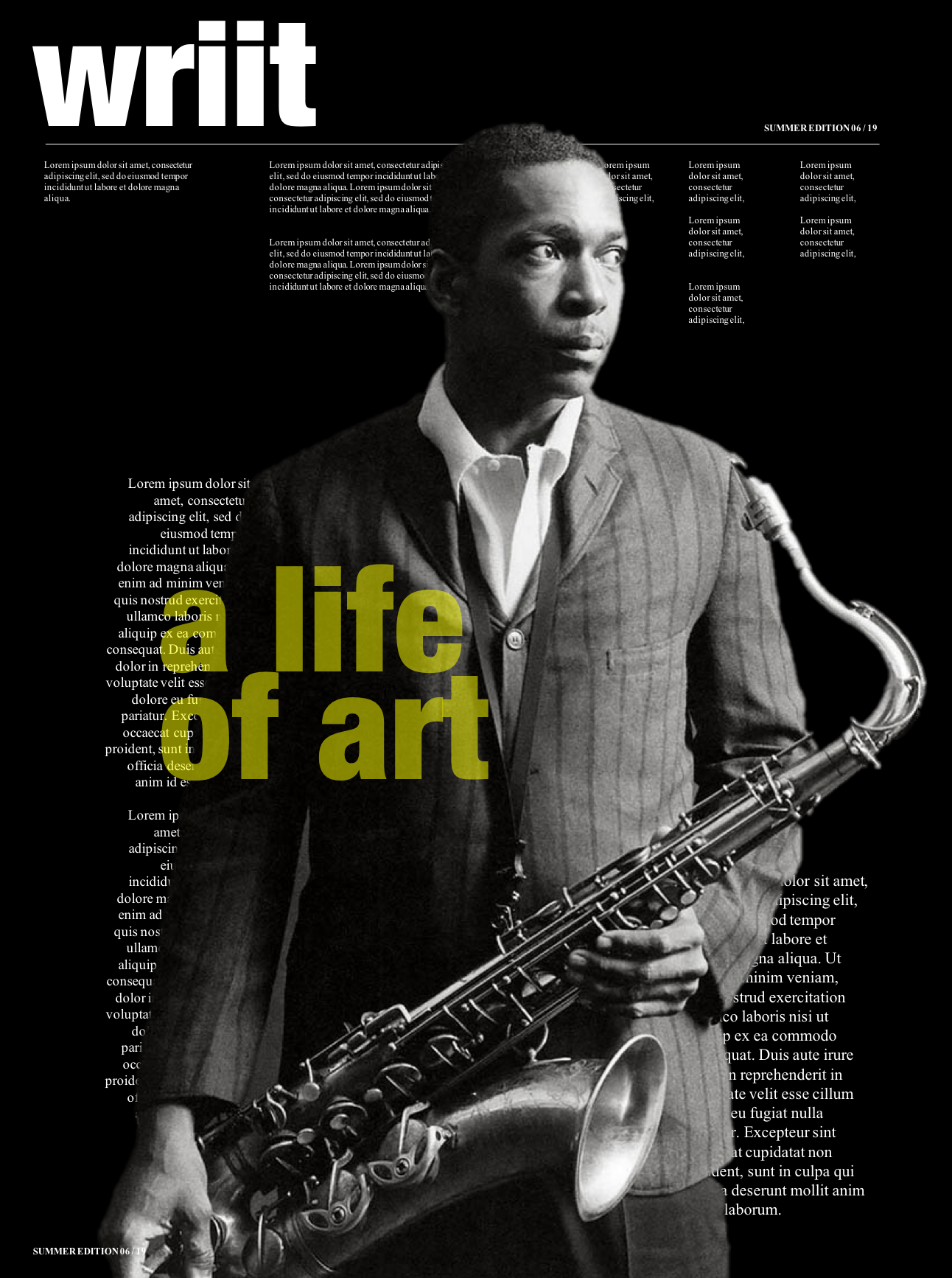The Navy SEALs have a high-tech secret weapon. From a distance, it looks like a regular pair of headphones. But as its wearer exercises or navigates unfamiliar terrain, the Halo Sport device beams a flow of electrical pulses to the brain’s motor cortex. The result, its creators claim, is a supercharged ability to learn new skills and build physical strength—a brain primed for performance.
Daniel Chao, a Stanford-trained neuroscientist, and Brett Wingeier, a biomedical engineer, founded Halo Neuroscience in 2013. After 10 years of working on a surgically implanted pacemaker for the brain (the Neuropace, which is now used to treat epilepsy), they turned their attention to less invasive technology. Halo Sport uses electrodes to stimulate the brain’s motor cortex, which controls planning and voluntary movements. Energized motor neurons send stronger signals to athletes’ muscles, which Chao says allows them to reap greater rewards from every rep.
With an injection of more than $9 million in funding from backers including Andreessen Horowitz, Chao and Wingeier are partnering with the U.S. military and professional athletes to build evidence that supports their claims. The initial results are promising: Members of the U.S. Olympic ski team have reported a 31% improvement in their propulsion force, and the Air Force noted a 50% reduction in training time for drone pilots. Select NBA and MLB players are also testing the device.
Despite encouraging results, Chao is careful not to overstate Halo Sport’s benefits. He’s concerned that grandiose claims might one day trigger questions about the fairness of some athletes using technology to stimulate the brain, which has been referred to as “neuro-doping.” For now, he’s focused on expanding the user base beyond professional athletes. He and Wingeier are testing potential medical applications for Halo, including as a stroke rehabilitation tool. They’re also working on making it available to amateur athletes. A first wave of devices, released in February for $750 per unit, sold out in less than a week. Chao hopes that the early consumer demand will draw attention to the still-nascent field of neuro-stimulation. “It’s a lucrative opportunity that no one has heard of,” he says.
